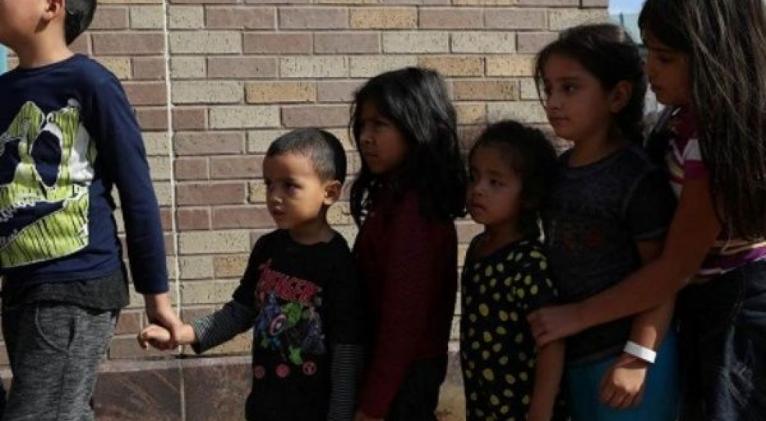US Detained About 70,000 Migrant Children in 2019: Report
especiales

The unequaled figure shows that more children were separated from their parents in the U.S. than in any other country in the world.
In the United States, 69,550 migrant children were held in custody by the Trump administration in 2019, the Associated Press and the PBS series, Frontline reported Tuesday.
RELATED: Yale Student Fights To Halt Deportation of His Mother With Stage IV Cancer
The unequaled figure shows that more children were separated from their parents in the U.S. than in any other country in the world; this occurring even if the government recognized that being jailed is highly traumatic for children, and exposes them to the important risk of long-term physical and emotional harm.
Some of the migrant children who were in government custody this year have already been deported, while others have reunited with family in the U.S., where they are trying to go to school and rebuild their lives. About 4,000 children are still in government custody, some in large, impersonal and facilities; yet more children are continuing to arrive every week.
The nearly 70,000 migrant infants, toddlers, kids and teens who were held in government custody this year spent more time in shelters and away from their families than in prior years.
U.S. President Donald Trump’s administration's set of harsh migration policies have increased the time children are held in detention, despite the government's own acknowledgment that it causes physical and emotional damage.
In 2013, Australia held 2,000 children during a surge of maritime arrivals. In Canada, migrant children are separated from their parents only as a last resort; 155 were held back in 2018. And in the United Kingdom, 42 migrant children were put in shelters in 2017, according to officials in those countries.
"Early experiences are literally built into our brains and bodies," said Jack Shonkoff, who directs Harvard University's Center on the Developing Child. Earlier this year, he told Congress that "decades of peer-reviewed research" shows that keeping children away from parents or primary caregivers is bad for their health, adding i is a brain-wiring issue.
"Stable and responsive relationships promote healthy brain architecture," Shonkoff said. "If these relationships are disrupted, young children are hit by the double whammy of a brain that is deprived of the positive stimulation it needs and assaulted by a stress response that disrupts its developing circuitry."
Younger children are at greater risk because their biological systems are less developed, he said. Previous harm and the duration of separation are also more likely to lead to trauma.













Add new comment